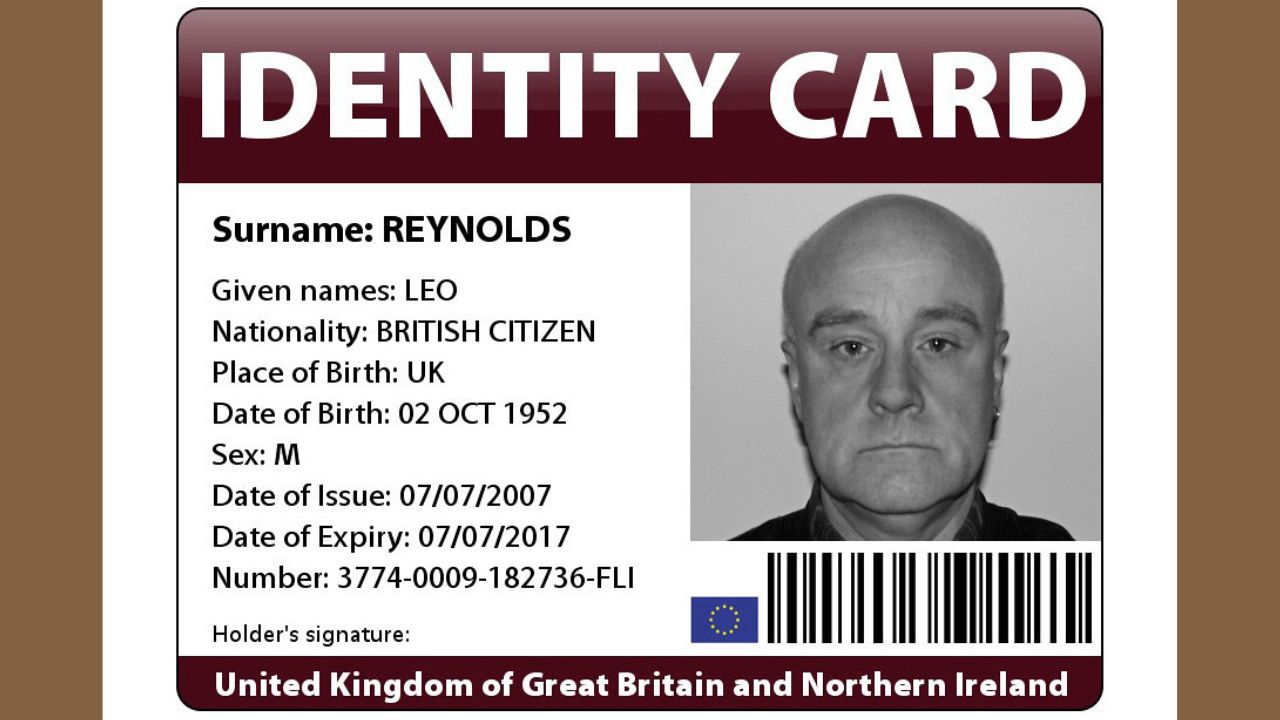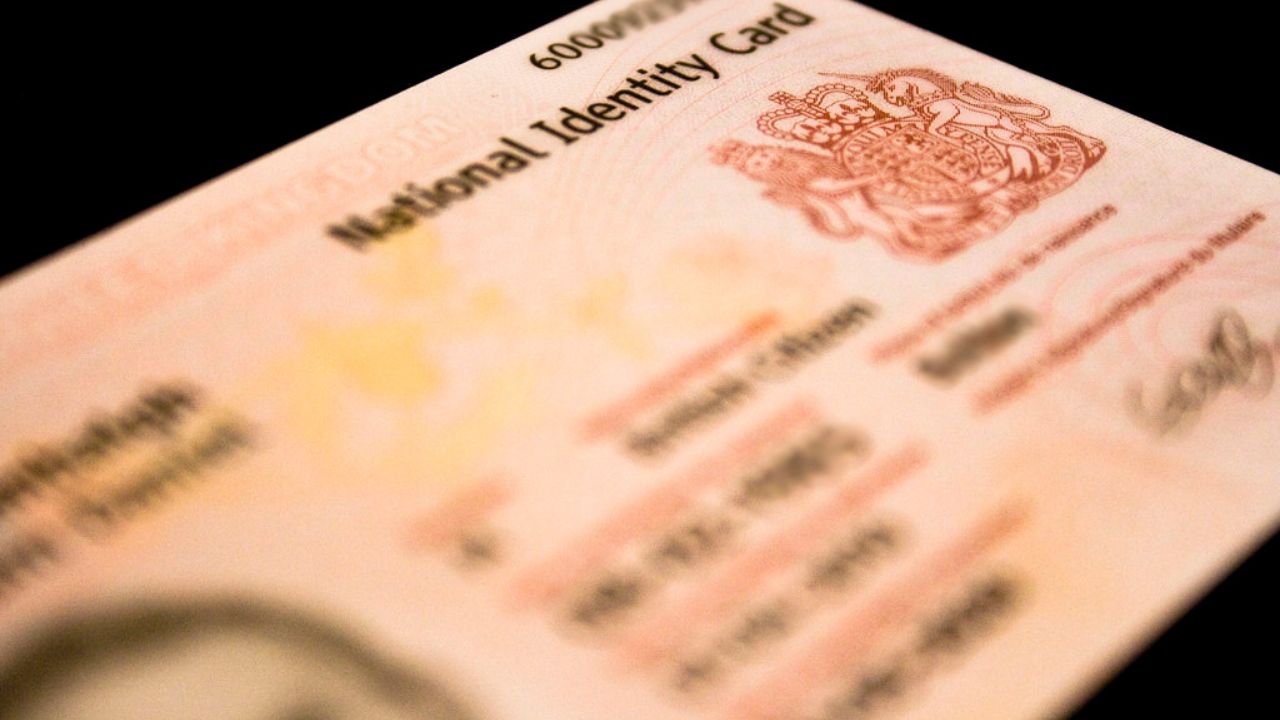Does Europe Ask For ID With Credit Cards? In Europe, it’s common to ask for ID when using a credit card, especially for high-value transactions or in certain countries like the UK.
Credit cards are the payment choice of the world today, especially in Europe, where travelers, businesspeople, and residents use them frequently.
However, based on the country and the type of purchase, you may be asked to show identification when using your credit card for payment.
Whether or not it is required or simply an added precaution, being aware of the requirements can make your journey smoother. [Does Europe Ask For ID With Credit Cards?]
Here in this article, we are going to speak about the common practice of demanding ID when settling with a credit card while in Europe, why it happens in some countries, and travel tips that prepare you.
Contents
- 1 What Is the Common Practice in Europe?
- 2 Which Nations Request ID on Using Credit Card Purchases?
- 3 Why Do Some European Countries Ask For ID With Credit Cards?
- 4 What Are the Benefits and Drawbacks of ID Verification?
- 5 What To Expect While Traveling in Europe
- 6 FAQs
- 7 Conclusion: Does Europe Ask For ID With Credit Cards?
What Is the Common Practice in Europe?
Credit card use in Europe is widely practiced, yet the practice of demanding ID varies across the continent. Overall, there are anti-fraud policies in most countries of Europe, and asking for identification is one.
Not every transaction, however, will result in your being required to show your ID, and the frequency of ID requests changes significantly with country, type of transaction, and merchant policy.
Familiarity with broad patterns and specific national regulations can serve to avoid confusion or annoyance when traveling.
In the majority of instances, credit card payment without identity verification is usual for low-value transactions in the majority of European countries.
For higher-value purchases or some kinds of transactions (such as online transactions or foreign card transactions), a further verification can be asked for, e.g., the presentation of an ID.
Therefore, even though you may not always be asked to show ID when you purchase something, it is better to be ready just in case. [Does Europe Ask For ID With Credit Cards?]
Which Nations Request ID on Using Credit Card Purchases?
Even though asking for identification isn’t practiced across all of Europe, there are some nations where it happens more frequently. Let’s take a look at a few of those nations in Europe where identification with credit card purchases is more likely to be requested.
The UK
In the UK, asking for ID when using a credit card is common, particularly for large transactions. Retailers and businesses often request photo identification, especially when you’re paying for something expensive or for transactions done by card-not-present methods like online shopping. This is largely a precautionary measure designed to reduce fraud, particularly in cases where the cardholder is not physically present to confirm their identity.
The UK retailers are allowed to ask for identification, and this is particularly common in high-end or luxury shops, where large amounts of cash are being exchanged. [Does Europe Ask For ID With Credit Cards?]
Therefore, tourists visiting the UK should always carry a valid government-issued ID when they shop, particularly for high-value items. Even if you are shopping in person, if you’re using a credit card to pay, you may be asked for identification to verify the transaction is genuine.
Germany
Germany has the same tradition of asking for ID when using a credit card, although it’s typically more common when buying something over a threshold. [Does Europe Ask For ID With Credit Cards?]
The threshold is generally about €100, but may vary depending on the store in question. If you’re about to make a big purchase, therefore, get ready to have your photo ID asked for.
Lower, day-to-day transactions are generally exempt from ID verification, especially when paid with secure payment cards such as chip-and-PIN cards or contactless payment. ID checking is a standard practice, however, for higher-ticket transactions, and travelers need to be prepared for it.
While the German banking system has a relatively low rate of fraud, the country’s policies still favor security and antifraud measures, such as asking for identification on higher transactions.
France
France, just like the UK and Germany, occasionally requests ID when paying for something with a credit card. But it tends to be limited to specific instances. [Does Europe Ask For ID With Credit Cards?]
If you’re purchasing an expensive item or if you have a credit card from a foreign bank, you may be required to present your ID. Traders in France, particularly tourist areas or high-value items, may prefer to check your ID to prevent fraud, particularly in Paris.
In other instances, such as buying domestic commodities or groceries, asking for ID does not happen that frequently.
When using a foreign-issued credit card, especially one issued outside the EU, there are additional measures to authenticate your identity, and these may include presenting your passport or other identification.
This is one way of making sure that the nation protects the consumer as well as business against credit card forgery. [Does Europe Ask For ID With Credit Cards?]
Other European Countries
Other countries in the European continent, such as Italy, Spain, and the Netherlands, also have varying requirements in terms of asking for ID when paying with credit cards to make a purchase.
In southern European countries where tourism is a large economic driver, there’s somewhat of an increased probability that you’ll be asked for ID, especially if the purchase is an expensive one or if it’s a foreign card.
In Italy, for example, small purchases are not required ID in Italy but in some areas like upscale department stores or tourist areas, they will ask for additional identification.
Similarly, in Spain, purchases made daily will not require an ID but large purchases or international card purchases can require an ID to authenticate the transaction. [Does Europe Ask For ID With Credit Cards?]
Concurrently, in countries like the Netherlands, it is more common for merchants to employ technology like PIN codes, chip-and-PIN, and contactless payments. Therefore, although ID checks are still possible, they are fewer compared to other European nations.

Why Do Some European Countries Ask For ID With Credit Cards?
The primary reason for asking for identification in credit card transactions in the majority of European countries is to reduce fraud risk.
Credit card fraud has turned into a global phenomenon, and the majority of European countries have undertaken several measures to fight fraud, one of which is determining the identity of the cardholder.
In countries like the UK and Germany, where fraud is a significant concern, merchants are encouraged to check the identity of the cardholder to confirm that the person operating the card is indeed the cardholder.
This is especially important in cases involving high-value purchases, internet purchases, or when the cardholder is not around to sign the transaction. [Does Europe Ask For ID With Credit Cards?]
Furthermore, many European countries have regulatory and legal frameworks that require traders to perform certain checks before a credit card transaction is completed.
These frameworks are typically designed to meet European Union (EU) regulations on anti-money laundering and fraud protection. As such, verifying the cardholder’s identity via an ID check might be required for specific transactions.
For instance, anti-money laundering (AML) rules might provide that for high-value transactions of a specific sort, a merchant has to undergo additional verification checks, including the request for presentation of a photo ID.
Under more stringent banking laws in countries such as Germany and France, ID verification checks can be requested more often under these legislative and regulatory requirements. [Does Europe Ask For ID With Credit Cards?]
See Also: What Credit Bureau Does Capital One Use? Find Out Here
What Are the Benefits and Drawbacks of ID Verification?
While asking for identification on credit card transactions in Europe has several advantages, there also are some drawbacks. Below is a more descriptive examination of them.
Advantages
Enhanced Security: The primary benefit of asking for ID is enhanced security. Confirming the cardholder’s identity ensures that fraudulent transactions are avoided and the risk of identity theft is reduced. It guarantees a secure shopping experience for the consumer and upholds the integrity of financial transactions.
Fraud Prevention: Identity authentication plays a vital role in the prevention of fraud, especially when high-value transactions are involved. It ensures that the cardholder is the authorized person to whom the card was issued, thereby protecting both the consumer and business. [Does Europe Ask For ID With Credit Cards?]
Consumer Protection: By ensuring that the transaction is genuine, ID verification protects consumers from falling prey to scams whereby their credit card information can be hijacked or redirected. ID verification also supports fraud chargebacks in the event that the transaction turns out to be unauthorized.
Drawbacks
Inconvenience: Some consumers find that being asked to produce identification at each purchase can be annoying, especially when the small, usual transactions do not necessitate such a request.
It can extend the payment procedure and disrupt a flow of experience in shopping, especially in packed stores.
Privacy Concerns: There are customers who may feel uncomfortable being asked their identification information every time they make a purchase. For privacy concern holders, it is invasive, especially if they have no idea why they are being asked. [Does Europe Ask For ID With Credit Cards?]
Delays in the Process: When making larger purchases, particularly in busy tourist areas, an ID check can slow down the transaction process. This can lead to long lines and delays, which may be inconvenient, especially for those who are pressed for time or have multiple purchases to make.
What To Expect While Traveling in Europe
When traveling through Europe, it’s essential to be aware of the local payment habits and ID requirements. Each country has its own practices regarding credit card usage, so it’s a good idea to be prepared for different scenarios.
Understanding Local Payment Habits
In other countries, such as the UK, France, and Germany, you might see more frequent requests for ID when using a credit card, particularly on more expensive transactions.
In other countries, such as the Netherlands, you might make contactless payments and chip-and-PIN transactions more frequently, without the requirement of ID.
Tips for Travelers
When traveling in Europe, always carry a government-issued photo ID, such as a passport or national ID card, so you can be prepared to present ID if asked. It’s especially useful when making big-ticket purchases or when using a foreign-issued card. [Does Europe Ask For ID With Credit Cards?]
Contactless and Digital Payments
In the majority of European countries, contactless payments are normal. These kinds of payments typically don’t include ID checks as they are secure and use encryption methods to protect the transaction. Therefore, if you’re using your smartphone or a contactless card, you can often skip the inconvenience of an ID check.
FAQs
Is It Necessary to Show ID Every Time in Europe?
No, it is not necessary everywhere. ID checking is frequently requested with more significant purchases or the use of a foreign credit card, but smaller purchases or usual transactions don’t typically require ID.
What Do You Do If You Don’t Have an ID When Asked?
If you don’t have an ID when asked, the merchant may refuse your transaction. In such a situation, you can offer an alternative method of payment or identification from other sources, such as showing your passport or utilizing digital wallets like Apple Pay.
Can You Pay Contactless Without ID?
Yes, contactless payments are generally not subject to ID checks. Contactless payments are considered secure and are generally exempt from additional authentication checks, except where a particular transaction value exceeds the country’s threshold.
Conclusion: Does Europe Ask For ID With Credit Cards?
As widespread as the practice of asking for ID with credit card payments is not pan-European, it is common in most nations like the UK, Germany, and France.
The primary purpose is to fight fraud and protect consumers and businesses. If you’re traveling to Europe, it’s always advisable to carry a valid ID to facilitate transactions, particularly for larger purchases.
With knowledge of the local payment culture and preparedness for ID checks, you can facilitate European payments and prevent unnecessary delays on your travels. [Does Europe Ask For ID With Credit Cards?]

Xzavier McGuire is a finance expert, blogger, and author from New York. He recently graduated in finance and writes about loans, credit cards, and money management. Xzavier helps people understand finance and make smart financial decisions.

